Petrochemical Automotive PET Biobased 21-11-2020 - Arhive
Petrochemical Automotive PET Biobased
-Carbios produces first clear plastic bottles from enzymatically recycled textile waste
CARBIOS has announced the successful production of the first bottles containing 100 per cent recycled Purified Terephthalic Acid (rPTA) from textile waste that contains a high PET content.
Carbios produces first clear plastic bottles from enzymatically recycled textile waste
This result confirms the capacity of Carbios’ technology to recycle textile waste and opens up access to an additional waste stream of up to 42 million tonnes per year.
CSO Professor Alain Marty said: “I am very proud that we successfully transformed polyester textile waste into clear bottles, which have identical properties as those made from virgin PET. This major innovation allows us to expand our sources of supply which, until now, consisted primarily of PET plastic waste.”
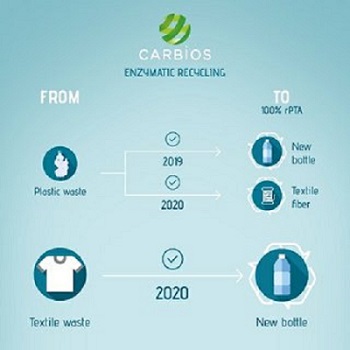
-UKRI invests £8m in plastic packaging waste
UK Research and Innovation (UKRI) has announced ten university-led research projects that will receive £8m (~€8.8m) in funding as part of its Enabling Research competition in the Smart Sustainable Plastic Packaging (SSPP) Challenge.
The research awarded funding as part of the SSPP programme aims to find solutions to existing issues with plastic packaging, reduce plastic pollution and unlock barriers to create fundamental changes in the industry. Petrochemical Automotive PET Biobased
The winners have designed innovative research projects, including increasing the use of compostable plastic, utilising smart-technology to change the way food-to-go is packaged and creating new circular approaches to plastic waste management.
Winning projects are from universities across the UK and are working with industry partners to ensure solutions are responding directly to industry needs.
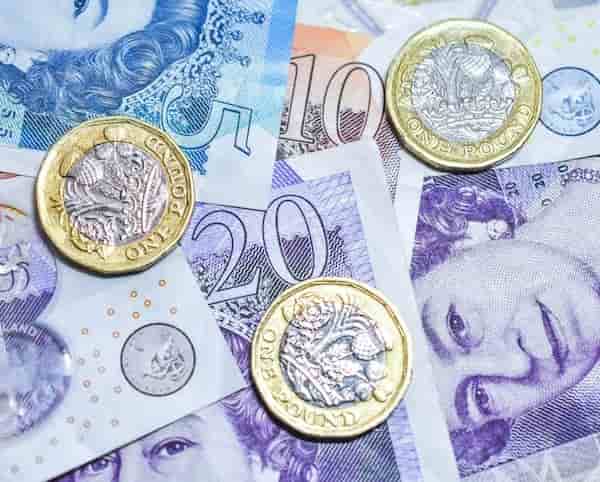
-Beverage industry invests $800K to revive Ann Arbor recycling facility
Recycle Ann Arbor was selected by the American Beverage Association to receive an $800,000 investment under its Every Bottle Back initiative to rebuild and reopen the city’s shuttered recycling facility. Petrochemical Automotive PET Biobased
The closure of the city’s Materials Recovery Facility in 2016 subsequently diverted the processing of recyclable materials — including the industry’s 100% recyclable polyethylene terephthalate plastic bottles –across state lines.
“Our investment in Ann Arbor will help restore the region’s critical recycling infrastructure, create jobs and showcase effective strategies to build a more circular economy,” Katherine Lugar, president and CEO of the American Beverage Association said in a statement.
“This exciting new project is one in a series of investments the beverage industry is making alongside our environmental partners and community leaders under the Every Bottle Back initiative to boost the collection of our 100% recyclable bottles and cans so they can be remade, as intended.”
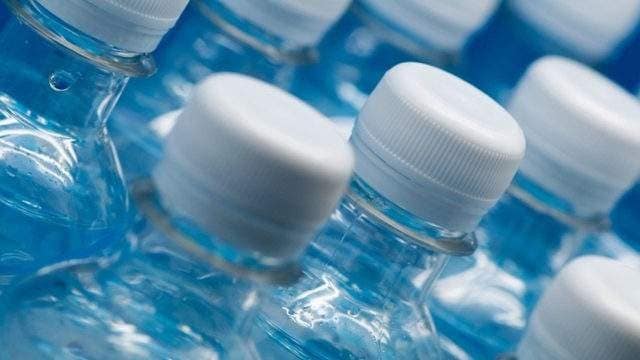
Pricing for natural and colored HDPE bottle bales increase, while S&P Global Platts expands its PET price assessments in Los Angeles.
Pricing for natural high-density polyethylene (HDPE) bottle bales has been on the upswing since August. Colored HDPE bottle bales also have ticked upward in price in recent months, more than doubling. Petrochemical Automotive PET Biobased
A reprocessor based on the West Coast that produces nonfood-grade pellets says postconsumer generation of HDPE bottles still seems softer than normal. “We are having trouble getting natural [bales],” says Ajit Perera, vice president of postconsumer operations at Talco Plastics Inc., Corona, California. “There is high demand for color [bales] as well.”
He says colored HDPE bottle bales have doubled in price in the last 30 days, mirroring the increase in virgin HDPE pricing.
Pricing for natural bottle bales has increased substantially since September, though only modestly from October. At roughly 60 cents per pound, the price of natural HDPE bottles is rivaling that of aluminum used beverage cans, Perera adds.
He says he expects prices for natural and colored HDPE bottle bales to remain high through the end of the year. “The question is whether it will move further up.”
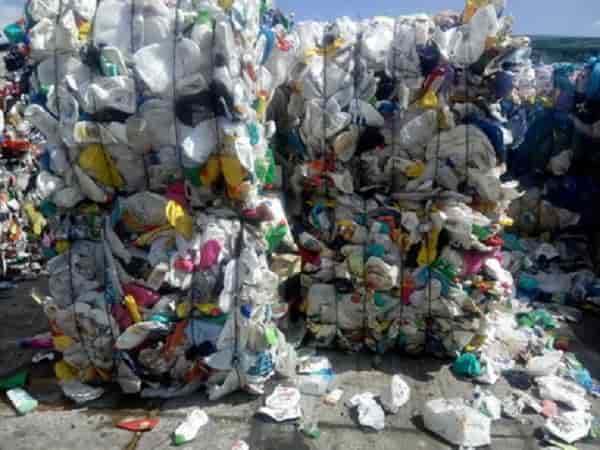
-New Fire-Retardant Additive Formulated for Thermoplastics
GrafGuard 280-50N has the highest on-set temperature on the market, according to NeoGraf Solutions.
NeoGraf Solutions LLC announces the addition of GrafGuard 280-50N to its lineup of expandable graphite flake, non-halogenated, non-flammable, fire-retardant additives. The Lakewood, OH–based company specializes in the development and manufacture of natural and synthetic graphite sheets and powders used in consumer electronics, building and construction materials, transportation equipment, and sealing and gasketing.
Designed for plastics, roofing, and other construction and building materials, GrafGuard 280-50N specifically targets the thermoplastics industry. The additive performs optimally in specialty polymers with high processing temperatures, including composites and multi-functional systems with high melting points for both injection molded and thermoformed applications.Petrochemical Automotive PET Biobased
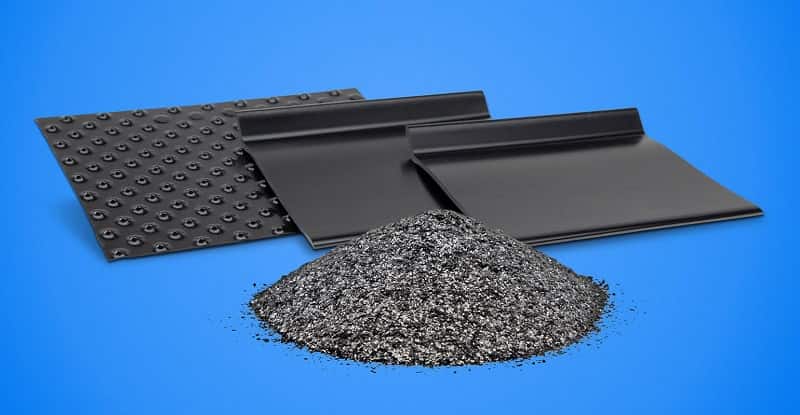
-Ultradur RX provides more clarity for radar sensors
The development of new technologies for the automotive industry focuses on comfort and the safety of passengers. Chemistry has already made a decisive contribution to this and will also play an important role in future mobility challenges. In addition to electromobility, automated driving is a crucial building block for the mobility of tomorrow. Closely linked to this development is the increased use of sensors.Petrochemical Automotive PET Biobased
With Ultradur RX, BASF has now developed a modified polybutylene terephthalate (PBT) specifically for radar sensor applications in vehicles. Due to its good resistance against media such as splash water, oils or salt, Ultradur offers an exceptional protection for sensor housings. In addition, the new material shields the sensitive electronics in the housings against disturbing electromagnetic waves from other vehicles.
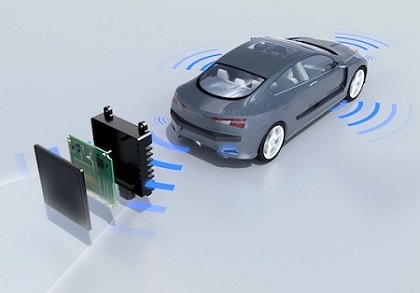
Finland’s Neste, a producer of renewable diesel and sustainable aviation fuel and a forerunner as a provider of renewable and circular solutions for the petrochemical industry, and LG Chem, South Korea’s largest diversified petrochemicals company and a leading manufacturer of lithium-ion batteries for energy solutions, have tied up in a long-term partnership to develop and grow the biopolymers and biochemicals market globally, and more specifically, in LG Chem’s home market Korea.Petrochemical Automotive PET Biobased
Thanks to the partnership, LG Chem will start replacing fossil feedstock commonly used in the manufacturing of polymers and chemicals with Neste Renewable Hydrocarbons in the upcoming months. This helps LG Chem to produce renewable polymers and chemicals for polyolefin-based containers, packaging, hygiene products, and electronic materials.
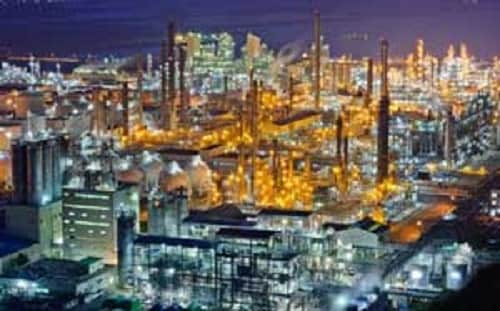
-Tariff changes of nylon related products under RCEP trade pact
On November 15, 2020, the Regional Comprehensive Economic Partnership (RCEP) agreement has been signed among its 15 participating countries, the Association of Southeast Asian Nations, China, Japan, the Republic of Korea (ROK), launching the world’s biggest free trade bloc, after 31 rounds of negotiations over eight years.
Below three tables shows the changes in the tariff of major nylon relevant products between China and highly relevant regions or countries in the trade pact.
There are several obvious points we could tell from the above figures.
- China’s attitude towards importing products in the nylon industrial chain from South Korea, Japan, and ASEAN remains basically unchanged. In fact, the current ASEAN countries enjoy preferential tariff policies. For example, the actual import tariff for nylon 6 chips is 0, and the actual import tariff for caprolactam is 6% (lower than 9% MFN rate). Therefore, the RCEP trade pact will not exert great impact of this part of the commodity trade.Petrochemical Automotive PET Biobased
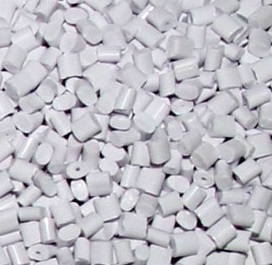
-Europe delays launch of next year carbon market auctions
Auctions of carbon permits in the European Union’s emissions trading system (ETS) next year will not start until late January or early February, reported Reuters with reference to the European Commission’s announcement.
For “technical reasons”, auctions of permits on behalf of most EU countries, plus Iceland, Liechtenstein and Norway, will kick off later than usual, the Commission said. This year’s EU ETS auctions began on Jan. 7. Petrochemical Automotive PET Biobased
Poland auctions its permits separately.
The ETS is the EU’s flagship climate policy, forcing power plants, industry and airlines running intra-EU flights to buy permits when they emit planet-warming greenhouse gases.
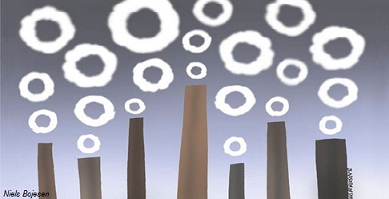
-Indorama Ventures reports lower profit on higher volume
Indorama Ventures Public Company Limited (IVL), a global chemical producer, has announced its third quarter 2020 financial results, said the company.
Reported net profit is THB 380 million in 3Q20 and THB 1,104 million for 9M20. Our performance this year provided us significant insights into the growth of the future market, while the company remains on a path towards enhanced incremental performance progress, from 4% ROCE towards our target ROCE of 15% by 2023.
In 3Q20 we delivered record sales volume of 3.6 million tonnes, registering growth of 18% year-on-year (YoY). Sales volume grew to 3.2 million tonnes, or 4% YoY on a comparable basis. This continuous volume growth is a clear indication of the resilient nature of the company’s products and the global access we have to our customers.
IVL achieved an operating cash flow of USD 354 million in 3Q2020 while operating cash flow for 9M20 was USD994 million, thus providing us ample liquidity of USD 2.5 billion in cash and cash equivalents as well as unused credit lines.Petrochemical Automotive PET Biobased
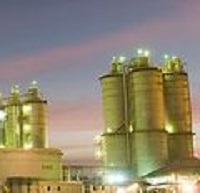
Petrochemical Automotive PET Biobased
